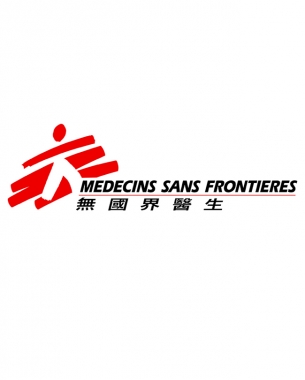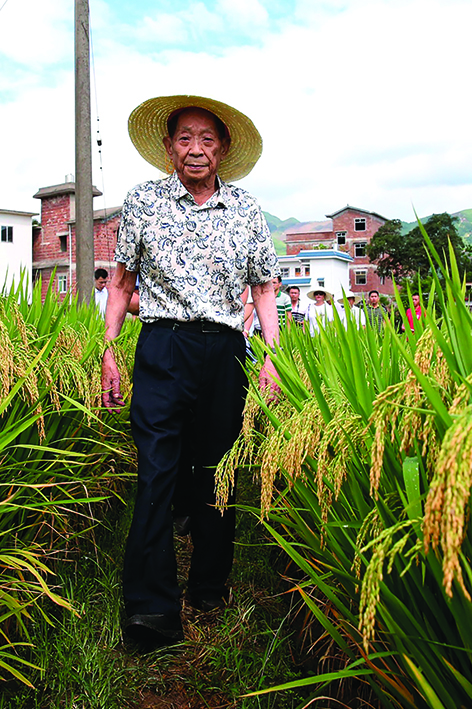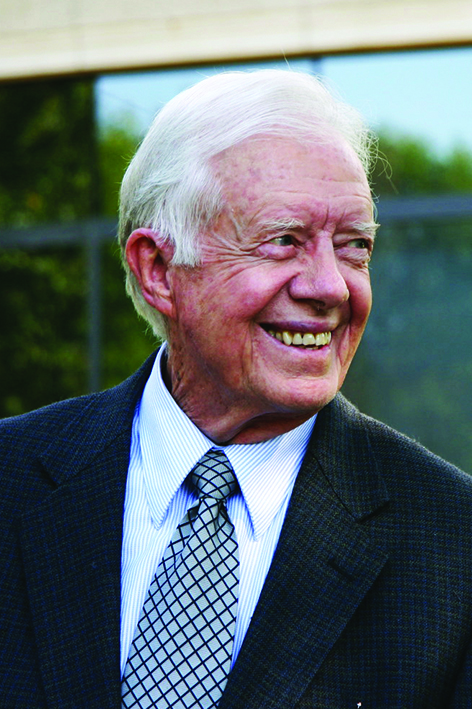Médecins Sans Frontières
Prize Category: Welfare Betterment Prize
Specific Area of Focus: Treatment and/or Control of Epidemics, Infectious Diseases or Chronic Illnesses
Médecins Sans Frontières is awarded the inaugural LUI Che Woo Prize 2016 in the Welfare Betterment category, with the specific area of focus of “Treatment and/or Control of Epidemics, Infectious Diseases or Chronic Illnesses”, for its indispensable contributions to the treatment and control of the cholera outbreak in Haiti in 2010 and the Ebola epidemic in West Africa in 2014. The work of MSF has thus resulted in a significant betterment to human well-being.
Founded in 1971, Médecins Sans Frontières (“MSF”) has continually acted to provide medical and humanitarian aid to areas of armed conflict, disaster and/or epidemic on a first-response basis. It believes that all human beings have the right to quality medical care irrespective of race, creed or political affiliation. On any given day, more than 30,000 doctors, nurses, logisticians, water-and-sanitation experts, administrators, and other professionals working with MSF are providing medical care around the world to its most vulnerable people.
MSF was honoured with the award of the Nobel Peace Prize in 1999 “in recognition of the organisation’s pioneering humanitarian work on several continents”. Since gaining that international award, MSF has continued its humanitarian work worldwide with undiminished vigour. It was the first to respond to the health care crisis in Haiti and the resulting cholera outbreak in the aftermath of its devastating earthquake in 2010. Its efforts there are still on-going today. MSF was also the first international organisation to deploy staff to Guinea when the Ebola epidemic broke out there in March 2014. For many months, MSF fought desperately with this unprecedented epidemic. The MSF workers risked, and some sacrificed, their own lives during this critical battle with Ebola, but many more outside the organisation suffered. Finally, in January 2016, Liberia was declared the last country in West Africa to be free of the Ebola virus in this epidemic, which had claimed a total of 11,315 lives. MSF was credited with recognising, treating, and helping to stop the Ebola epidemic in West Africa–in Guinea, Sierra Leone, Liberia, Nigeria, Senegal, Mali and the Democratic Republic of Congo. MSF continues to provide healthcare to over 10,000 Ebola survivors, many of whom are long-term patients, and to local populations in these countries.
In addition, MSF has been providing medical aid in Sudan since 1979, in Afghanistan since 1980 (and has continued operating there despite being bombed in 2015), and in the midst of conflict and displacement in the Democratic Republic of Congo since 1985. It has struggled to help the people of Syria with surgical programmes and with medical care for the refugees from that terrible war. MSF has also helped to change the life chances of people who have not been able to get the treatments they should, either because they are too expensive or because they had not existed for neglected diseases. Its Access to Essential Medicines Campaign has made outstanding contributions towards fighting epidemics and infectious diseases, making HIV/AIDS drugs available to millions more people, and is now working on tuberculosis and hepatitis.

Médecins Sans Frontières (MSF) is an international, independent, medical humanitarian organisation that delivers emergency aid to people affected by armed conflict, epidemics, natural disasters and exclusion from healthcare. It offers assistance to people based on need and irrespective of race, religion, gender or political affiliation.
MSF was founded in Paris, France in 1971. Today, it is a worldwide movement of 24 associations. MSF International, which binds these associations together, is based in Geneva, Switzerland. It operates programmes in more than 60 countries worldwide. Its work is carried out by thousands of health professionals, logistical and administrative staff, the vast majority of whom come from the countries where the organisation is providing medical assistance.
MSF provides medical care to help people survive catastrophic situations, where communities and health structures may be overwhelmed. The core work is providing emergency medical assistance in situations of armed conflict. MSF’s actions are guided by medical ethics and the principles of neutrality and impartiality. It does not take sides but seek to bring assistance to those who need it most urgently. In situations of conflict, it does not accept funds from governments or other parties who are directly involved.
MSF has a commitment to address the suffering people endure and the obstacles encountered in providing assistance. It is constantly seeking to improve the quality, relevance and extent of the assistance, and it is dedicated to the pursuit of innovation. When it witnesses serious acts of violence, neglected crises, or obstructions to its activities, MSF may speak out about this.



